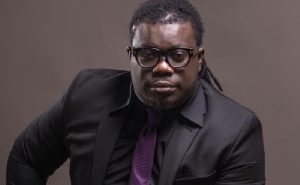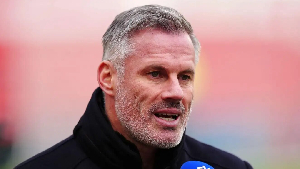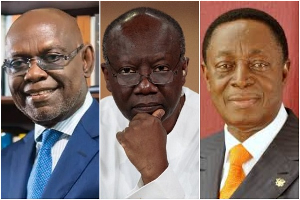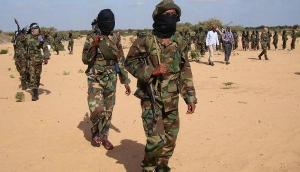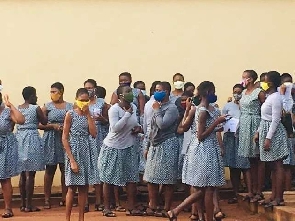The Former Methodist Bishop of Obuasi Diocese, Bishop Stephen Bosomtwe Ayensu, has described Rastafarians keeping their dreadlocks as a sign of moral decadence in the Ghanaian society.
His comments come after the recent impasse between Achimota School and two Rastafarian students who were rejected by the school for keeping their dreadlocks.
Bishop Stephen Bosomtwe Ayensu was of the view that as was done in his time as a kid in school, teachers instilled moral education in children by disallowing them to keep their hair long or nails long.
Speaking to Samuel Eshun on the Happy Morning show, he expressed: “Keeping their hair destroys morals. I am a Ghanaian and when I was a kid in school when my hair grows, my teacher makes sure I take it off. When my nails grow, the teacher will hit them with a ruler to remind me to take them off before I come back to school. As a student, if my uniform is not ironed, I am asked to go back and iron. It is about morals, discipline and training and character”.
Prior to his interview on the Happy Morning Show, the former Bishop had expressed disappointment in the ruling of the court directing Achimota School to admit the two Rastafarian students.
He was reported to have stated that galamseyers and prostitutes should be allowed to work if we want Rasta students to be admitted to the school.
Further defending his point, he told Samuel Eshun, “The judgement stated that the child has fundamental rights. I was arguing on the basis of the fundamental rights of the individual. So, if we say the children have fundamental rights to education, I am asking that as stated in the constitution, what is the meaning of education? Is it always book education or moral education? So, if the child has fundamental human rights, then it means everyone in Ghana has fundamental human rights to whatever they want to do”.
Achimota School became the center of debate when it refused to admit two Rastafarian students. This saw a section of the Ghanaian public criticizing the school authorities with others standing with them.
It can be recalled that the GES rescinded its decision to allow Achimota School to admit the Rastafarian students and subsequently threw its support to the school for refusing to admit the students.
In recent news, however, the Human Rights Division of the Accra High Court has ordered Achimota School to admit the two Rastafarian students, after the two sued the school’s board of Governors, the Minister of Education, Ghana Education Service and the Attorney General to enforce their fundamental Human Rights.
General News of Thursday, 3 June 2021
Source: etvghana.com
Rastafarian students saga: Keeping your dreadlocks is a sign of moral indiscipline - Bishop opines
Entertainment
